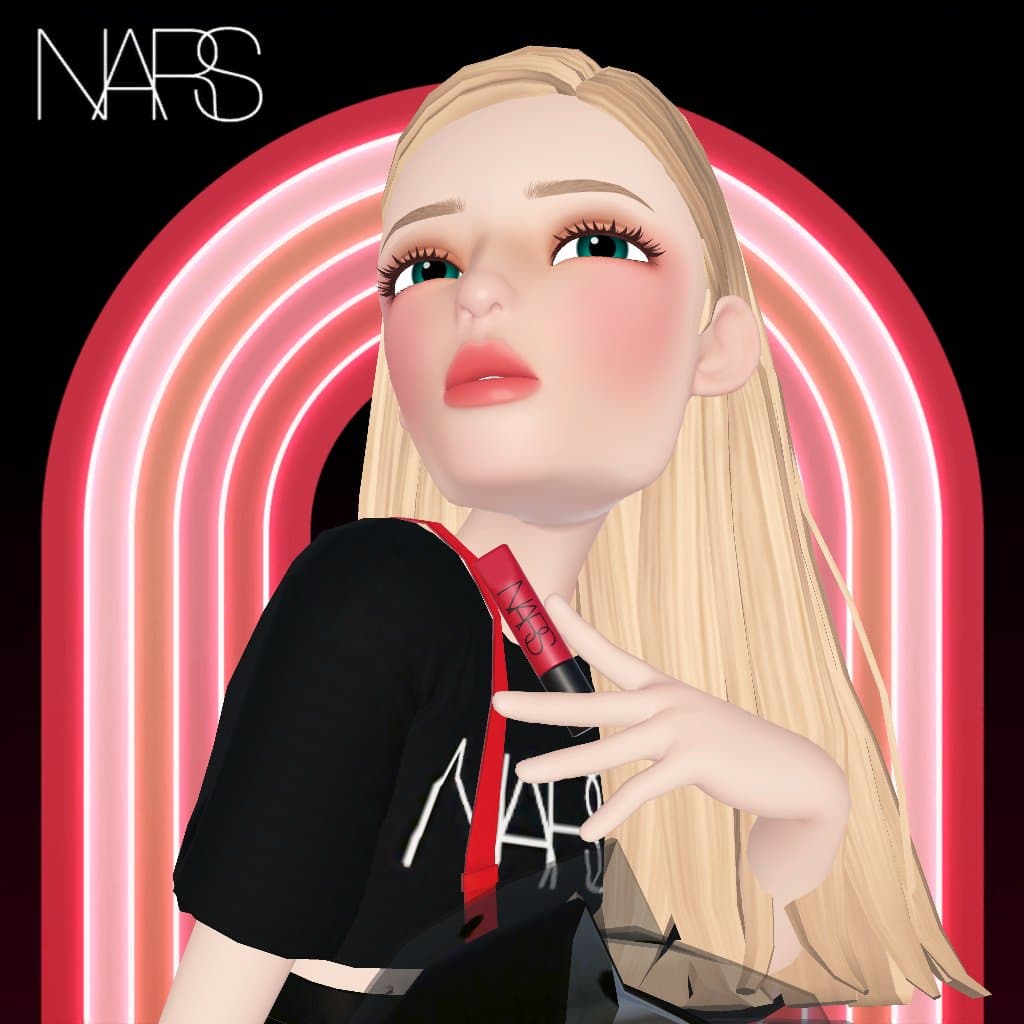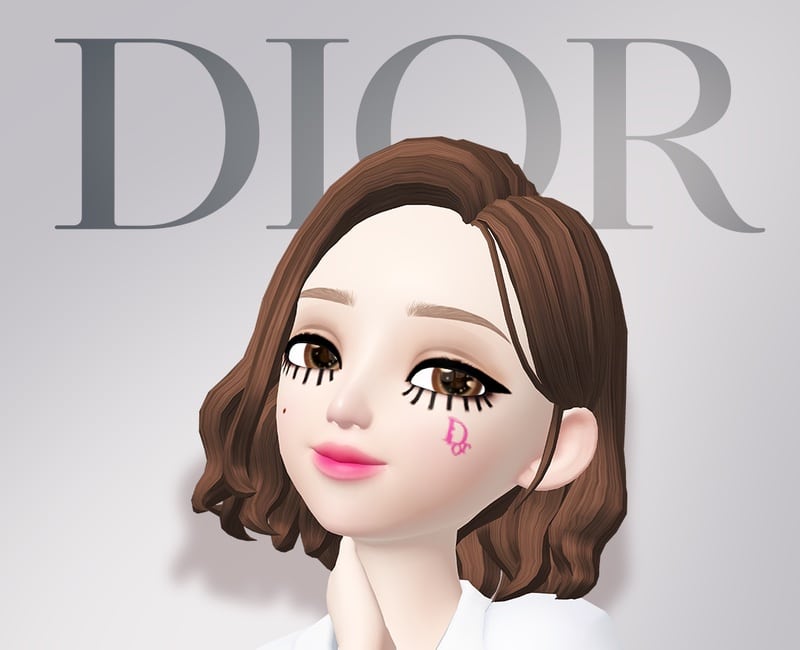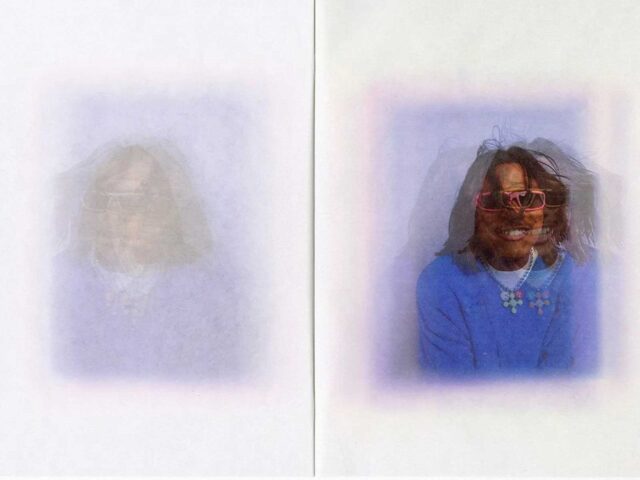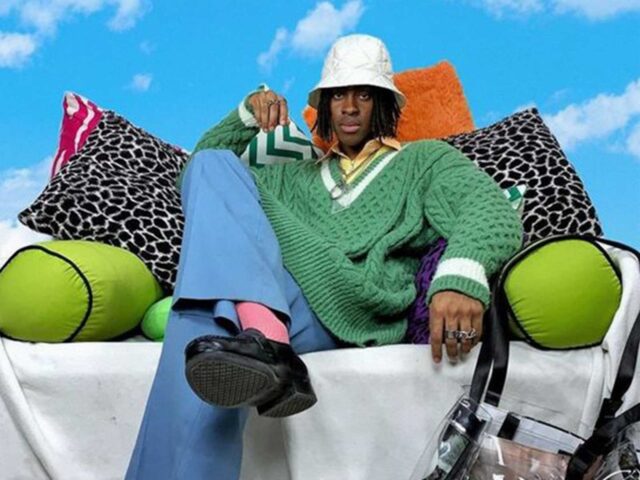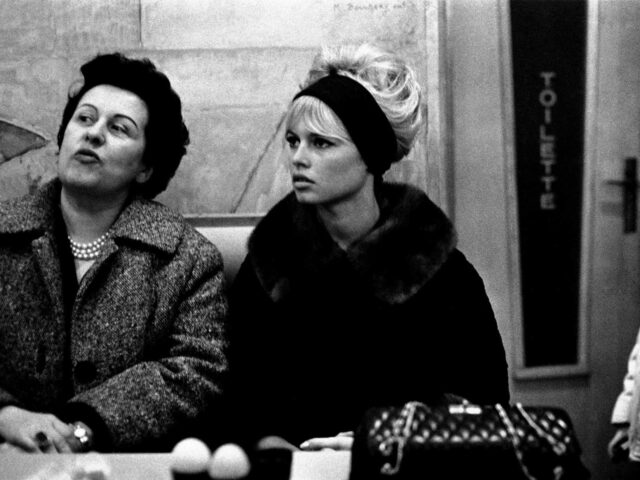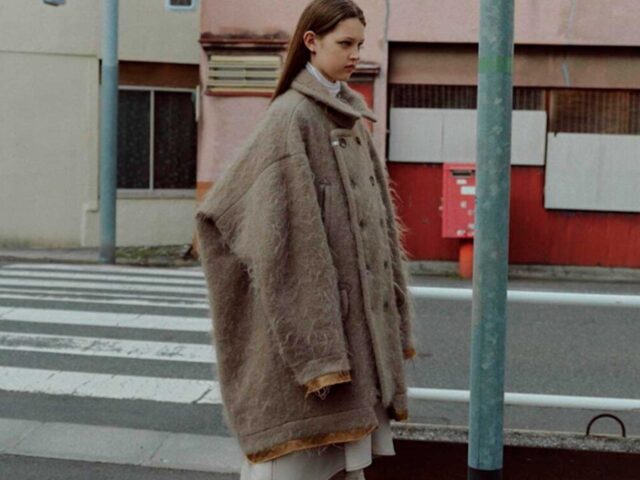Beauty brands are expanding their influence in the virtual world through platforms such as TikTok or Youtube. Yet they are still a step behind the fashion industry. Without logos or distinctive design codes, it is being questioned whether beauty will really make it on the web3.
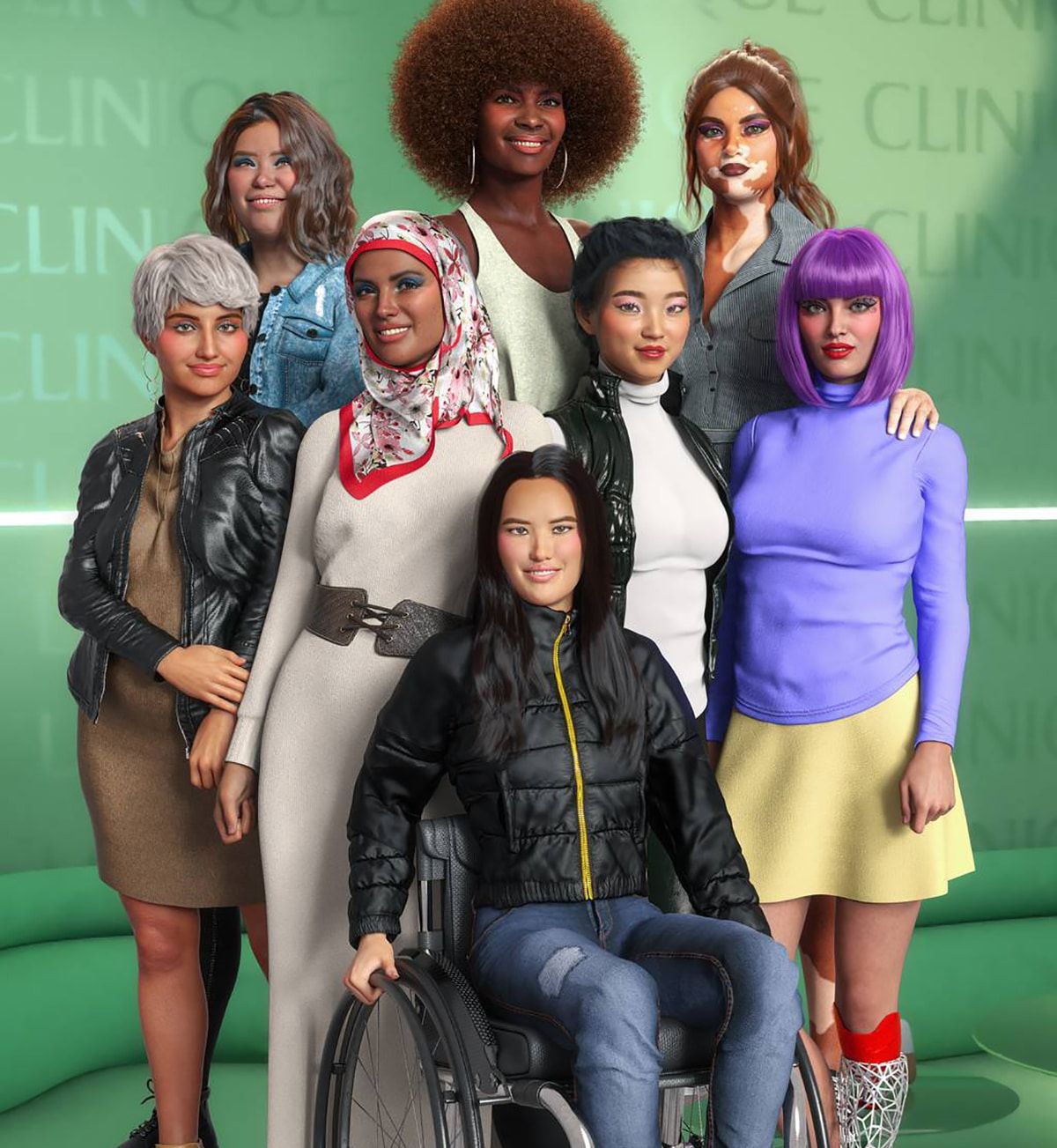
The reality is that it is unclear how skincare, makeup or fragrances can enter the digital realm and carve out a space for themselves amidst the eternity of rendered content. As BOF reports, Clinique‘s latest web3 campaign, “Metaverse Like Us,” was billed as an NFT initiative in “direct response to the lack of diversity, inclusion, and accessibility that exists on web3.”
The brand partnered with makeup artists and content creators in a quest to build a more inclusive digital beauty world, and in addressing the lack of representation in the Metaverse. In this regard, their campaign imagery seemed to be represented by a diverse cast, among avatars of color, disabled, and even with vitiligo. “Change starts with us, and it is our responsibility to make sure the same mistakes are not repeated in the real world.”
When the initiative was launched, LinkedIn employees posted an image of the real Clinique team with a virtual fitting showing 40 employees. Most of them were white and without any disabilities. The whole thing became a great example of how a traditional beauty brand tries to link to latent issues like diversity and inclusion in the format of the moment (NFT), and misses the mark by championing a non-existent message of advancement.
BEAUTY ENTERS THE METAVERSE
Other brands such as Estée Lauder or Nars also crossed the metaverse screen, although their motivation seemed to be really only linked to FOMO, and to the fact of existing in the virtual fashion space. Without the ability to meet customers, everything seems to be reduced to meaningless advertising.
It is quite difficult to imagine avatars applying products to improve their skin, or make-ups that are convincing in this technological format. However, fashion has been able to connect with the web space3 with exclusive garments and accessories designed by houses such as Gucci and Balenciaga. Items that can be illustrated in virtual format to create social status through “logomania”. Something that is practically impossible for the beauty industry, with lipsticks or moisturizers for avatars that could come from any brand.
Skincare brands are thus blocked in the Metaverse, while makeup brands are not sure if they will use all those augmented reality tools (or digital proof) offered by some brands such as SEPHORA. A series of barriers projected by the blue light are thus configured, although many of these companies only wish to enter the game and the macro-trend; although the logical thing to do here would be to wait for the development of this diffuse and under-construction space that may end up in the virtual abyss.
Sigue toda la información de HIGHXTAR desde Facebook, Twitter o Instagram
You may also like...
